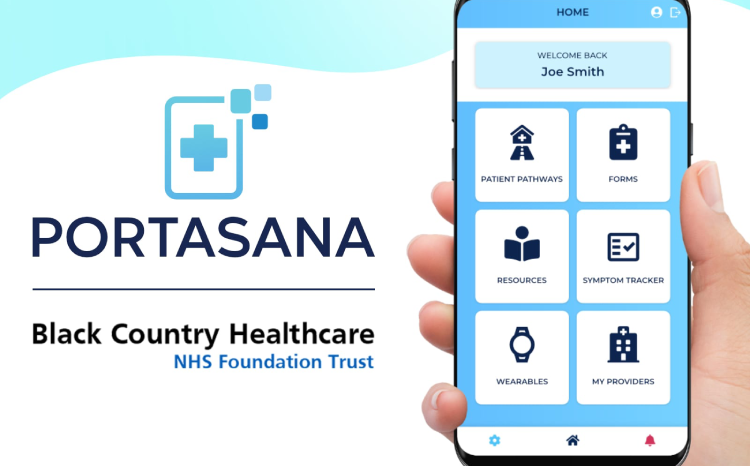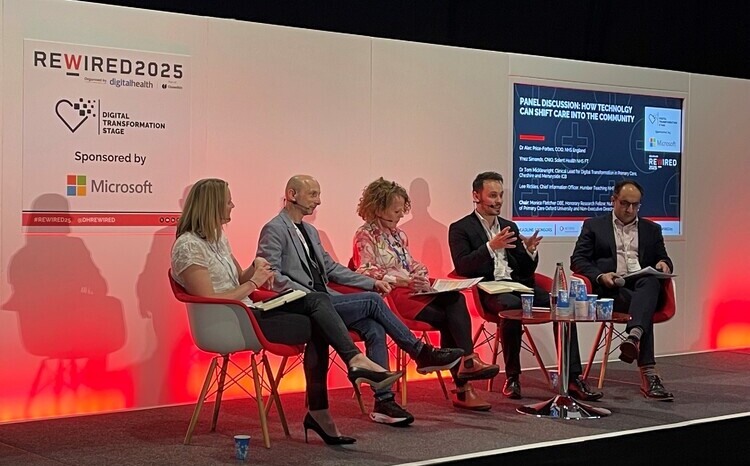Ewan Davis: Putting lipstick on a pig
- 5 July 2016

The current enthusiasm for opening up application programming interfaces on contemporary and legacy health IT systems is to be welcomed. If it is approached with an understanding of its limitations, it is a small but important step towards greater interoperability.
However, sticking a few open APIs on a megasuite does not create the open digital platforms we need, and is only a small step towards the postmodern EHR I described in last month’s column.
In some ways it's just putting “lipstick on a pig”. It's still a pig (and I not sure I'd want to kiss it). I'm also concerned that, for a minority of vendors, enthusiasm for open APIs is not what is seems.
Instead, it’s an attempt to secure customer lock-in and enhance their position as owner of the platform and pseudo-owner of their customer data it contains.
I first shared my thoughts on this in my blog piece “hiding the onions” back in March but I don't want to dwell on them here.
I know that many vendors are as committed to an evolution to an open platform as I am, not least because greater commercial opportunities lie there, and for many mid-sized companies it is the only route to long-term survival.
Who controls the platform?
I've asserted in previous columns that everybody agrees that the future of digital health lies in the creation of a plug-and-play platform architecture; a view that I find continually re-affirmed.
There are some passionate, but ultimately irrelevant and resolvable, differences of opinion on the technical details, but the real battle is over business models.
Who controls the platform and the data in it? Here, we can draw some parallels form the world of smartphones. This was a market built by Apple with the iPhone, based on a closed platform with open APIs (in the Apple case not a pig with lipstick, but an elegant walled garden where all of the most beautiful people wanted to play).
The Apple model creates customer lock-in, supporting premium pricing, and allows the company to take a slice of all the revenue generated by those who choose to play in their ecosystem.
However, Apple's dominance has been effectively challenged by Android and Google. Android is an open platform that is growing fast from behind to take greater market share.
Similar battle lines are beginning to appear in health. The market so far remains dominated by the large established EHR vendors and those who offer proprietary solutions to integration and interoperability. However, those who have pioneered open platform approaches are making progress and attracting a lot of attention.
Who will drive the change from closed to open?
So the big question in my mind is when and how and to what extent we divert via closed platforms before emerging in to the open. I say this because, just as with smartphones, both customer and competitor pressure will mean that nobody will be able to own the platform in the long run.
It is possible that one of the small innovators will succeed in its ambitions to become a healthcare unicorn, and end up as ubiquitous in health as Facebook, Amazon or Google are in the broader internet.
But I think a more likely route is that one of the tech giants will enter the fray with an open platform. Or, just maybe, one of the megasuite vendors will see the light and embrace a truly open approach.
There are currently two legions of tech giants circling the open platform space. The first are the established system integrators and global consultancies. Many of them already have substantial business in the health and social care sector but, unlike the big EHR vendors, they are unburdened by the technical debt of their own systems.
The second are the internet giants of the dot.com boom. Some of these companies have an engagement in the consumer wellbeing space, but they have little experience and knowledge of mainstream health and the complex informatics and governance issues that they would face.
On the other hand, they have massive resources and an ability to move with greater agility than the more established tech giants.
When a major player moves it's going to be a game changer. It will open up opportunities for technical innovation from small companies and the service transformations they can enable.
It will free new and existing players for the growing burden of creating and maintaining clinical content and enable them to out-compete the megasuites.
It will open up data and facilitate interoperability, making it much easier for customers to choose “best-of-breed” systems. And it will force vendors to compete on innovation, quality, performance, service and value; rather than relying on customer lock-in.
That pig, again…
The journey can be usefully started by putting open APIs on existing systems; and in this context initiatives like INTEROPen and GP-Connect are to be welcomed.
But we need to recognise that these are just the first steps of a journey. And they will need to base their work on approaches that are extensible and scalable if they are not going to take us down a cul-de-sac that we will have to reverse out of (although, hey, at my age there is something to be said for an attractive pig).
By the time of my next piece I will have attended both the 2nd International Symposium on Healthcare Improvement and Innovation in Prato (where there will be a number of speakers from the UK among the global experts) and the CCIO summer school in Leeds.
I'm sure these will be an interesting and informative events and I hope they will provide with the inspiration for my next column.




